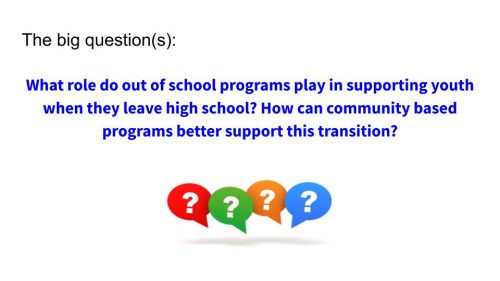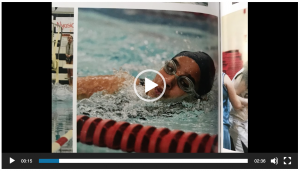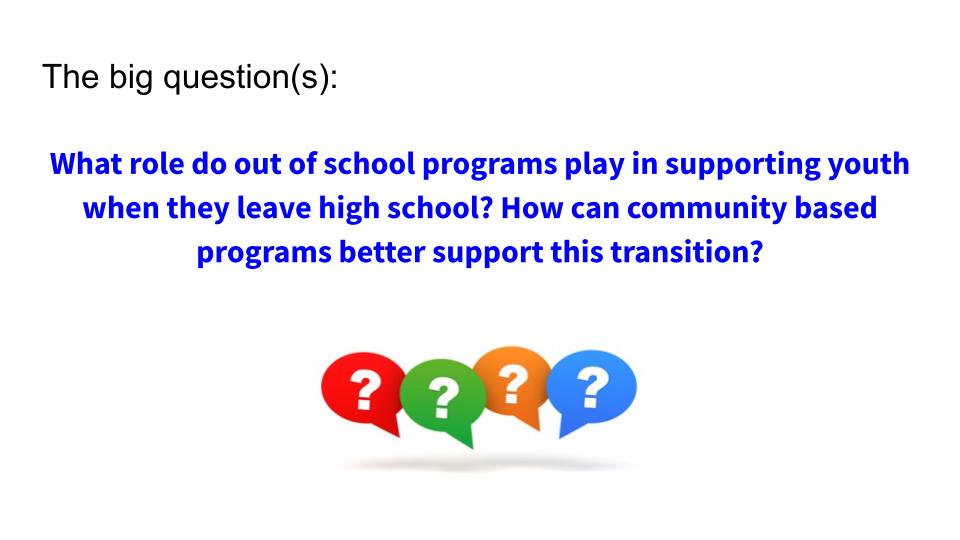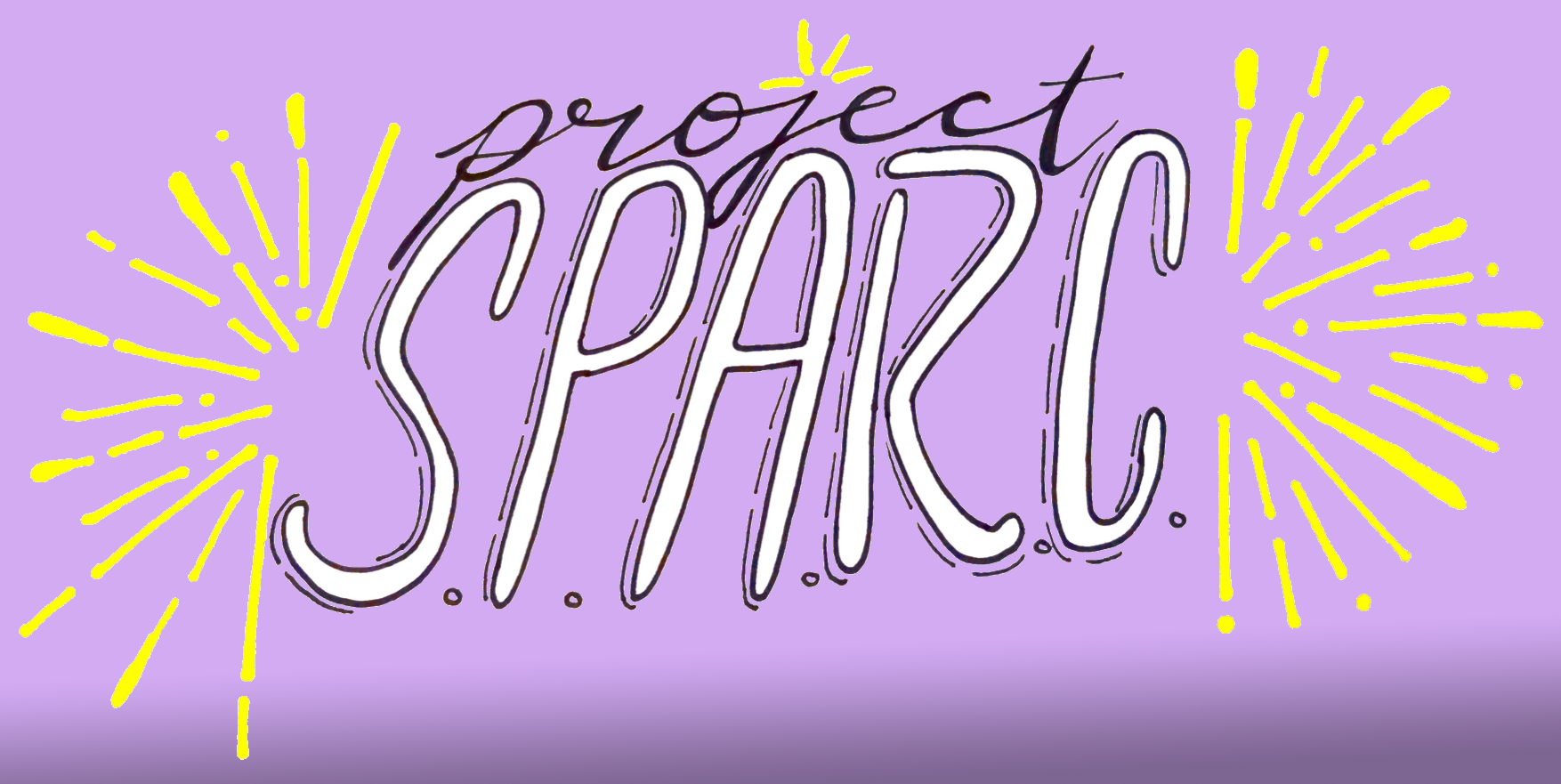
This first session of the Project SPARC 2021 Research Team introduced youth and young adults interested in joining the SPARC community research team to the topic we’re studying and the background of the project. A total of 12 youth and young adults recruited through our partners in Project Coach and New North Citizens’ Council attended the session, along with six Smith students (five undergrads and one graduate student) and four Smith staff members.
In the session, we shared two digital stories that young adults in our prior research team had developed as a way to demonstrate the types of stories we have collected. We first showed Nyasia’s story, which chronicles her transition out of Putnam Vocational High School in Springfield to Westfield State University, and the challenges she faced – from the daily trials of relying on public transit to the emotional effects of losing a close family member. After viewing the digital story together, SPARC Project Manager Erin DeCou interviewed Nyasia about her experience on the Project SPARC team.
she faced – from the daily trials of relying on public transit to the emotional effects of losing a close family member. After viewing the digital story together, SPARC Project Manager Erin DeCou interviewed Nyasia about her experience on the Project SPARC team.
Since Project SPARC has been running now for two years, we shared what we have learned so far from the over 30 interviews and focus groups we have run with young adults in Springfield. The three key learnings we shared were:
- Young adults described the period after high school as feeling like “swimming at your own risk.” They want concrete support with life planning, goal setting, and self management skills, as well as for positive social and emotional support. One interviewee said, “I wish I had people to talk with [about] what I am going through.”
- Many young adults felt that their high schools had not taught them much about navigating the real world, especially when it came to their finances. Young adults want to break the cycle of poverty and be the first in their families to go to college or get a great job with advancement opportunities. One person we interviewed said, “We don’t bring practical skills into the school systems, whether it’s balancing a checkbook [or] building credit …” Almost every interviewee asked for “real-world” financial education.
- Young adults understand the value of networking and relationship building, and feel like they could use help in developing their social capital. One of our interviewees shared, “My advice would be, ‘network’. I would say make a list of the adults that you met in your life. Even if it’s your second grade teacher. Who were adults that helped you and that made you feel good about yourself, and can you find them? Contact them.”
Finally, we shared the big question that we will work on answering with this new 2021 Research Team: What role do out of school programs play in supporting youth when they leave high school? How can community based programs better support this transition?

We closed the session with an invitation to join the team. Community researchers will receive a monthly stipend for their participation, based on attendance and follow through of team tasks. As a way to express their commitment, individuals electronically signed the Project SPARC Confidentiality Agreement and Consent Form. Youth under 18 and those still in high school also had their parents/guardians complete a consent and permission form as well.
